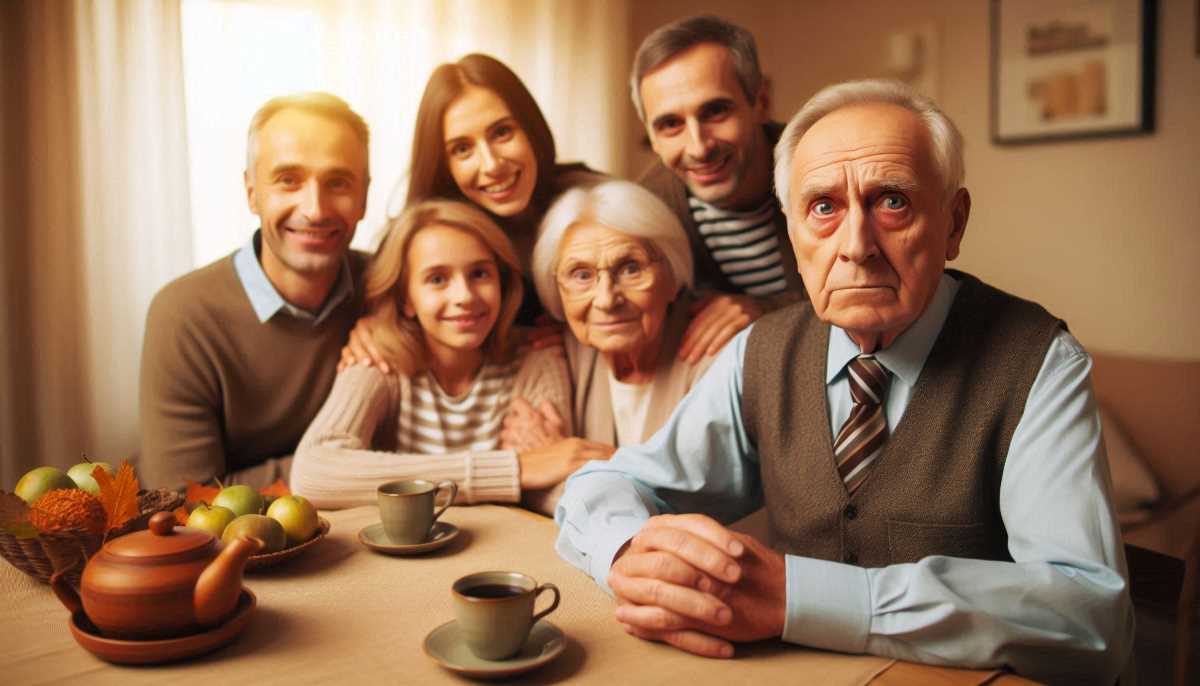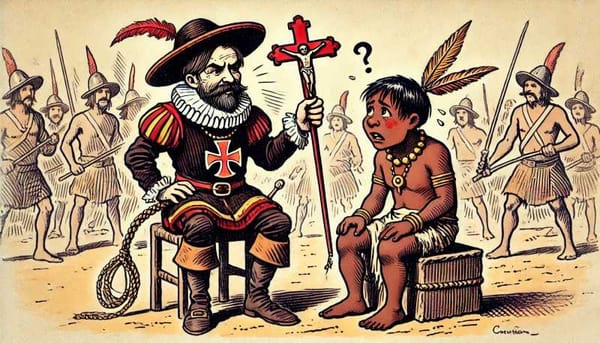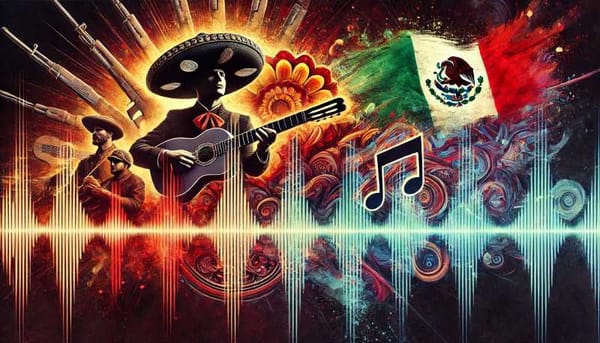Recognizing and Stopping Abuse Towards Older Adults
Elder abuse is a hidden epidemic. Fear of losing care silences seniors facing financial exploitation, neglect and emotional abuse. It's time to dismantle ageism and empower our golden generation to reclaim their voices.

Although older adults know their rights in general, on many occasions they cannot exercise them due to their vulnerability, physical condition, need for care, etc.; “They don't dare to do something as essential as giving their opinion or making decisions; They remain silent so as not to risk losing care from family members, says Virginia Amalia Vázquez Téllez, an academic at the Zaragoza Faculty of Higher Studies at UNAM.
Of course, abuse is also not reported. They are afraid of even more abuse, she explains. Furthermore, we must not lose sight of the fact that, within this population group, there are those who are more vulnerable: women, from some minority (indigenous, for example) and with disabilities.
Given this panorama, it is necessary to recognize and make visible this condition that several elderly people experience to promote a culture of active and healthy aging among them and in the rest of the population, because "there is a great probability that we will all reach 60 years or more." What we do now will have an impact on our future and on the older adult we can become,” she emphasizes.
According to the specialist, we must also eradicate this negative vision, wrapped in prejudices and stereotypes that we call "old age", which constitutes a form of discrimination due to how we see them, refer to them or treat them. On the contrary, the value of their presence within families because of their knowledge and experiences, must be recognized.
Interviewed about the World Day of Awareness of Abuse and Mistreatment in Old Age, which is commemorated on June 15, the university student says that in addition to physical abuse there are others, such as psychological abuse, financial exploitation, abandonment and even sexual abuse.
For example, bodily harm; verbal or non-verbal acts that generate anguish, devaluation or suffering; non-consensual sexual contact; neglect or helplessness of a person who depends on another; illegal use of your funds, property or resources; and the lack of adequate social and health policies.
In our country, the percentage that has suffered these or other acts could reach 20 percent. “The National Institute of Older Adults indicates a figure of 18.5 percent.” Worse yet: that number could be increasing. Some investigations register more than 32 percent.
According to the United Nations (UN), approximately one in six people over the age of 60 suffered some type of abuse in community settings. Rates of abuse are high in institutions such as nursing homes and long-term care facilities, with two out of three workers reporting abuse in the past year.
And the problem is expected to increase due to the aging of society in various countries. This is the case of Mexico, says Vázquez Téllez.
From 2019 to 2030, the United Nations says, the number of people aged 60 and over is expected to increase 38 percent, from one billion to 1.4 billion, outnumbering youth worldwide.
This growth will be especially higher and faster in developing regions, which is why “greater attention is required to be paid to the specific challenges affecting older people, including in the field of human rights.”
In Mexico — according to the National Occupation and Employment Survey, third quarter of 2022 — there were 18 million older adults, that is, 14 percent of the population.
The psychology major and expert in family psychotherapy and gerontology explains that the percentage is increasing because the birth rate is lower than in the past, and because life expectancy has increased.
Vázquez Téllez clarifies that this sector of the population is varied: being elderly in the city is not the same as being elderly in a rural population, for example. In the countryside there is greater integration, so they are within the family, unlike what happens in the cities, where many are alone.
Furthermore, currently several generations coexist: children, parents, grandparents, great-grandparents and even great-great-grandparents, so that there are more older adults who can go from 60 to over 100 years old;” There are also differences and specific needs.”
In general, be alert, you do not have to look for those who exercise this abuse outside the home because they are inside. “In most cases it is one's own children, sometimes grandchildren, even a partner, when there is one,” although they can also be neighbors or strangers.
In public and private institutions there is increasingly more training and information to give them better care and service; However, abuses by public servants are still reported.
It is worth mentioning that the UN General Assembly decided to designate June 15 as World Day of Awareness of Abuse and Maltreatment in Old Age, in a resolution approved on December 19, 2011. “The current issue hurts us all, but it must also commit us all,” concludes Vázquez Téllez.




